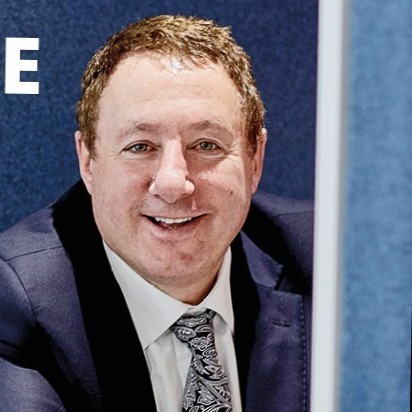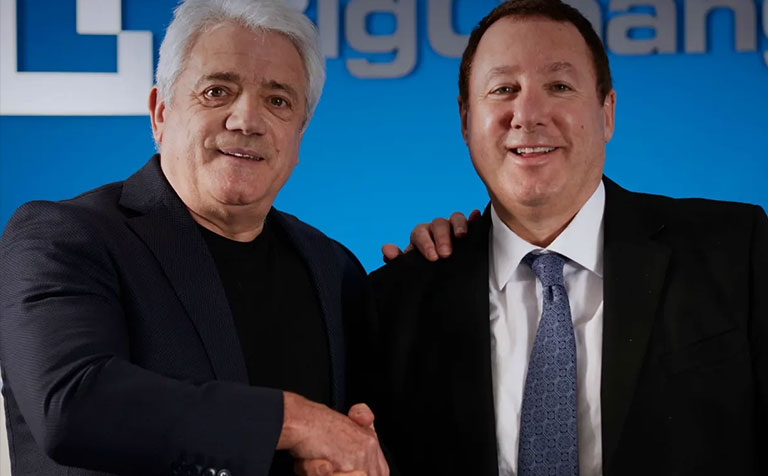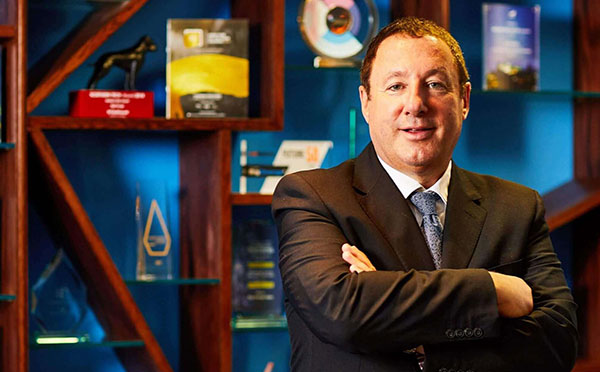When do you buy talent and when do you develop it?
In this special video series, former England footballer and manager Kevin Keegan gives his secrets to great leadership.
In the fifth of nine videos with BigChange founder Martin Port, Kevin explains how leaders can attract and retain the best talent.
Watch the video or read the transcript below.
Martin:
You know I’m passionate about people and developing the team. How do you feel about growing great talent from the training pitch or just buying, like an Alan Shearer?
Kevin:
If you’re recruiting talent they have to bring something to the party that you haven’t got. You say Alan Shearer. When I fetched Alan Shearer for a world record fee and brought him to Newcastle, it gave all the other players a boost as well.
People on the team thought “Wow! I don’t have to guess from a distance what his attributes are, or how he got to where he is, he’ll be in the same dressing room as me.”
If I am a young player I’m gonna watch him and learn what makes him so special. You learn he’s great fun and has a great personality but when he gets out on the football pitch – whether that’s training or a match – it’s a different focus.
It’s like a switch goes on and you get Alan Shearer the professional player. He’s not going to joke anymore.
Why did he score goals? Because that’s what his life was about. From the runs he made, his time in training, it was all to score goals on a Saturday.
It wasn’t to look good, or smart on the pitch. Just to score goals.
Talent comes in a lot of different forms but the greatest talent is when you get a player with unbelievable ability who wants to pass it on to other people.
Newcastle was pretty much like where you’ve come from with BigChange. I also recruited talent because I took the view that if I have a good team, where could I strengthen that good team.
Do I need someone to make the goals? Do I need someone to help us defensively? Do I need leaders?
The very first thing I did at Newcastle was fetch a guy from Notts County who was never gonna stay for the long term, but the players needed leadership in the dressing room.
Talent comes in all shapes, I knew he wouldn’t play – and in fact needed the chairman to give him some more money to go after he’d done his job – but for six months he was vital to sorting out the leadership crisis in the dressing room.
You can have leadership in your management but if that doesn’t filter through to the players it’s a waste of time.
The really great talent gives you a problem as a manager because they come with the problems talent has.
Sometimes an arrogance or confidence that is way beyond what they’re capable of. But you need to manage them because you need them.
Just like you have to be patient with those learning the trade, these guys know it all – sometimes as much as you do.
Martin: Did you have players that were great and you wanted to make captains but then regretted it because they didn’t have that man-management in them? They were maybe better as a player?
Kevin: There’s lots of different captains. You pick one who leads by example, or you pick someone who intervenes and sorts everybody out. I’ve had both kinds. The ones I like are those who lead by example.
Martin: Sometimes you can’t afford a £25m player but maybe we’ve got someone who, if you really work with them, you can help grow.
Kevin: If you give them that opportunity it’s up to them. If they can’t make it, and you’ve given them the opportunity and tools they require, I don’t think they’ll come back to you and say you held me back. In football certainly, players know when they’ve reached their full potential. People will tell you without saying it.
They’ll say: “This is where I want to be in the team, I don’t want to be the leader. I don’t want all that responsibility. I’m comfortable here.”
But people can only tell you that if you give them the opportunity. If you don’t give them the opportunity they will always say “You never gave me a chance. You never played me.”
That’s why I’d always go watch the reserve games, so players had the chance to play well and ask me what they could do to get onto the first team.
Giving everybody the chance for progression but understanding you won’t turn everyone into a super-salesman is important.
Without that understanding, some people will find they get stretched. With players it’s dangerous to take them beyond where they can go, for them to perform at their maximum they need to play with what they’ve got.
Sometimes people don’t want all that responsibility, they just want a job that they do well, to be appreciated, and to go home.
You have to have some people like that in your team.



